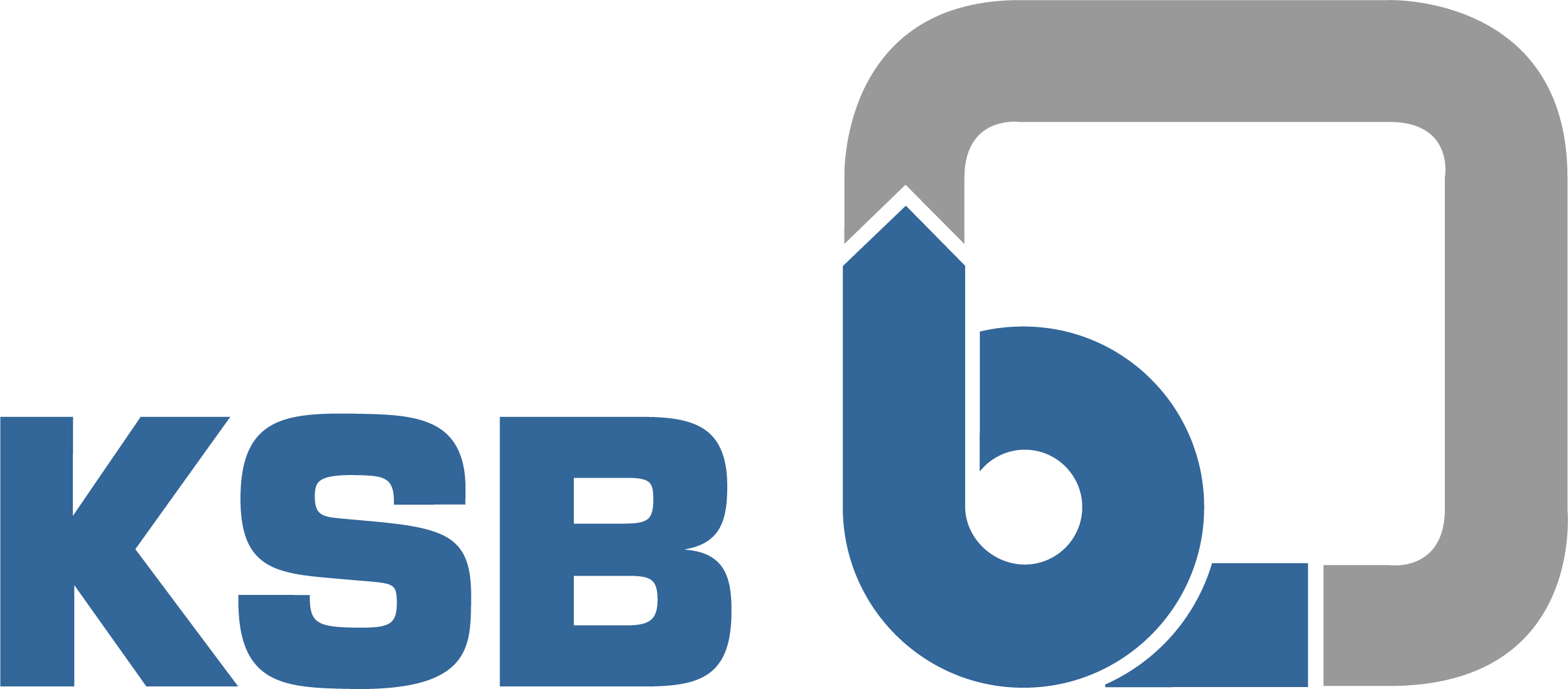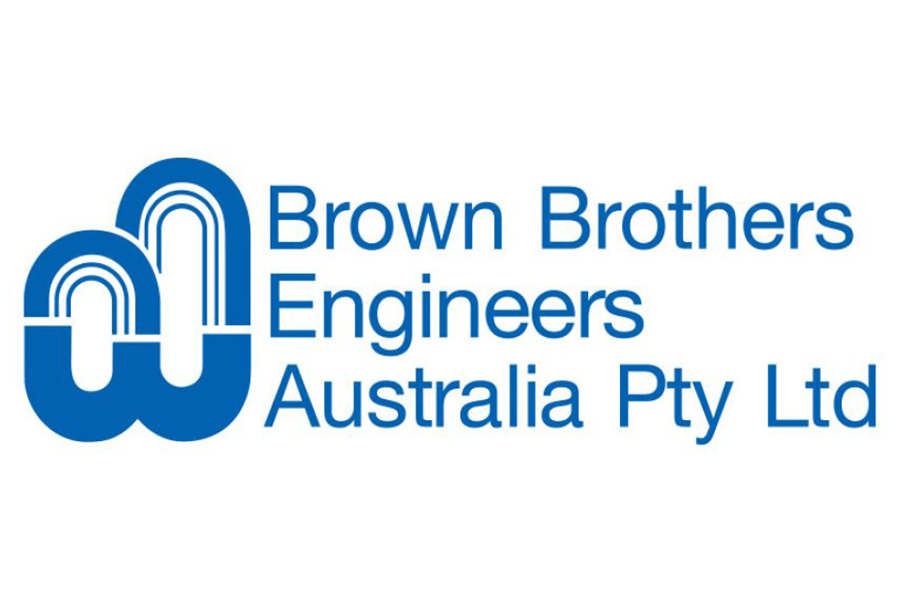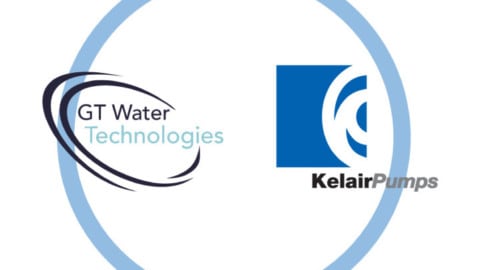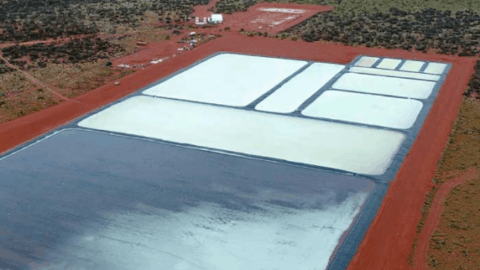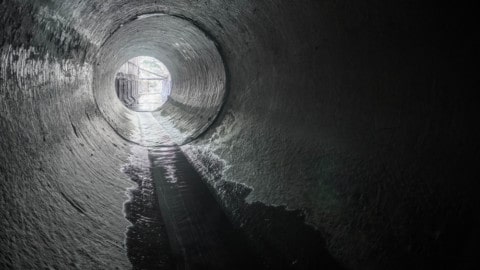The Australian Institute of Refrigeration, Air Conditioning and Heating (AIRAH) has analysed the recently released 2016-17 Federal Budget and found that while it’s a win for small business and cities, more can be done to improve resilience.
AIRAH also found the budget to contain the potential for more work for HVAC&R professionals.
AIRAH President Nathan Groenhout, said the government’s investment in cities is to be commended, as is its backing of clean energy.
“The $1billion Clean Energy Innovation Fund to assist emerging clean energy technologies provides an essential investment of funds and greater certainty for the industry,” Groenhout said.
“And it certainly fits in with AIRAH’s aim to build more resilience into our industry and into cities in general.
“And we applaud the government’s decisions to retain the Clean Energy Finance Corporation (CEFC) and the Australian Renewable Energy Agency (ARENA), and to allocate $4.6million to expand the Cities Taskforce.
“Yet AIRAH’s sustainability imperative means we would have liked to have seen new funding to assist Australia in its transition to a low-carbon economy – something the Institute sees as critically important, as exemplified by the PRIME initiative, which is a whole-of-industry strategy to reduce emissions.”
The government has cut the tax rate for small and medium businesses, from 28.5 per cent to 25 per cent, to be phased in over 10 years.
AIRAH CEO Tony Gleeson said businesses large and small have benefitted from the 2016-2017 Budget, with a suite of tax cuts to be implemented.
“This means all company tax rates in Australia will align at 25 per cent within a decade,” Gleeson said.
“Within a few years Australia will match the average corporate tax rate for countries in the OECD.”
In the 2015-16 budget, small businesses with an annual turnover of $2million received a tax cut of 1.5 per cent.
This year the government has increased the threshold to $10million, with the tax rate reducing from 28.5 per cent to 27.5 per cent, from July 1.
“In another win for small businesses, the threshold for eligibility for instant asset write-offs for equipment purchases of up to $20,000 has been increased from $2million to $10million annual turnover,” Gleeson said.
Gleeson says the $1,000 payment for businesses to employ interns could also help many within the HVAC&R industry, including AIRAH.
Mr Gleeson said a lack of new funds for emissions-reduction initiatives was an area of disappointment in the 2016–2017 Budget.
“AIRAH would have liked to have to have seen more funds allocated for climate change mitigation,” Gleeson said.
“However, it’s pleasing to see the government acting to assist industry and to promote innovation.
“This aligns with AIRAH’s areas of focus, in which we want to be the leading independent voice for our industry on resilience, sustainability, compliance, innovation, and the transition to low-GWP refrigerants.”


